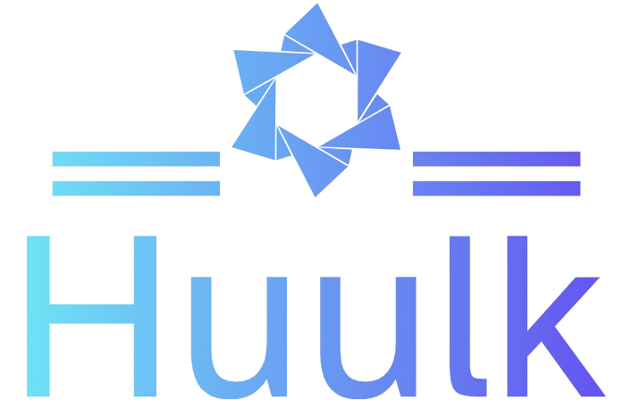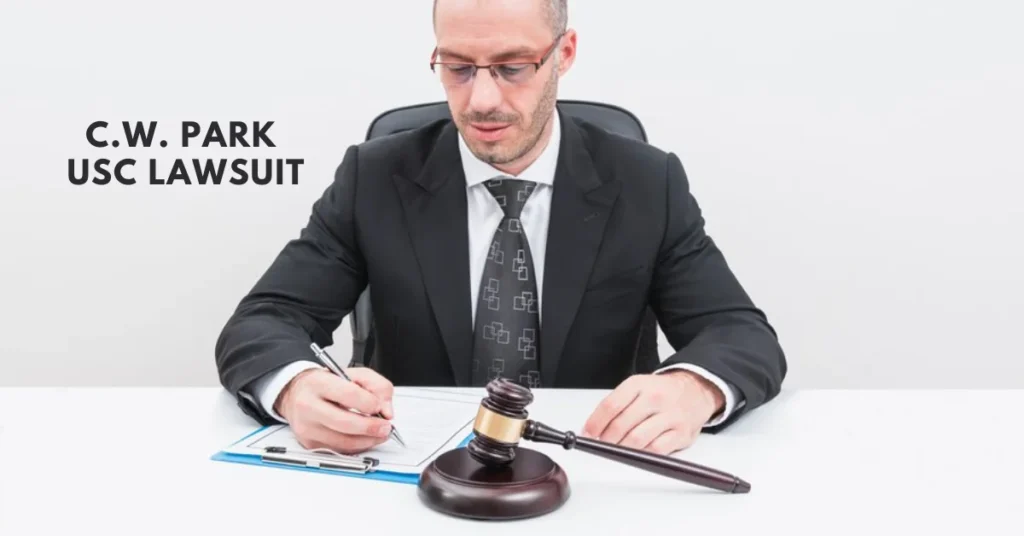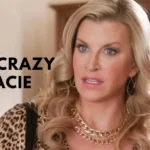Introduction to C.W. Park and USC Lawsuit
The legal world often finds itself at the intersection of academia and justice, where individual rights clash with institutional policies. One such pivotal case is gaining traction in public discourse: the C.W. Park USC lawsuit. This high-profile legal battle involves not just a prominent figure but also one of America’s leading universities, stirring up discussions about fairness, accountability, and the very fabric of higher education. What led to this dramatic showdown between c.w. park usc lawsuit and the University of Southern California? The ramifications extend beyond just those directly involved; they resonate throughout academic institutions nationwide. Let’s delve into the details behind this significant legal clash and uncover what it means for both parties involved—and society as a whole.
Background and Details of the Legal Clash
The c.w. park usc lawsuit emerged from a complex web of allegations and claims that caught the attention of both legal experts and the public. The situation escalated when C.W. Park, a former faculty member, filed a suit against the University of Southern California over issues related to employment practices.
At its core, the dispute revolves around perceived injustices within academic hiring procedures and workplace treatment. Park alleges discrimination that impacted career advancement opportunities.
As details trickled into public view, they stirred debate about equity in academia. Many questioned whether established protocols were being followed or if biases had crept into decision-making processes at USC.
This case highlights broader themes in higher education regarding inclusivity and fairness. It raises significant questions about institutional accountability and how universities can safeguard their reputations while addressing such sensitive matters head-on.
Impact on C.W. Park and USC
The c.w. park usc lawsuit and USC has resulted in significant repercussions for both parties. For C.W. Park, this legal battle represents a pivotal moment in his career, as the outcome may shape his professional trajectory and personal reputation.
On the other hand, USC faces scrutiny that could impact its public image and trust within the academic community. The institution’s response to these allegations will determine how effectively it can navigate this storm.
Additionally, there are financial implications at play. Legal fees and potential settlements might strain resources that could otherwise support educational initiatives or student services.
This situation also raises questions about governance practices at USC. Stakeholders are now closely watching how university leadership responds to prevent similar incidents in the future. The stakes have never been higher for both Park and USC as they move forward amidst heightened tensions of c.w. park usc lawsuit.
Reactions from the Public
The c.w. park usc lawsuit has sparked a wave of reactions across various platforms. Many individuals have taken to social media, expressing their opinions on the unfolding drama.
Some supporters rally behind Park, emphasizing the need for accountability and transparency in higher education. They argue that this case sheds light on systemic issues within universities.
Conversely, critics question the motives behind the lawsuit. They worry that it might set a dangerous precedent for future legal actions against educational institutions.
Public figures and commentators have joined the discourse, offering insights into both sides of the argument. Their analyses bring further attention to how such cases impact student rights and institutional integrity.
As discussions evolve, many are left wondering about the broader implications for collegiate environments nationwide. The ongoing debate reflects deep-seated concerns over fairness and justice in academia.
Similar Cases in Higher Education Institutions
Across the nation, higher education institutions have faced a range of legal battles similar to the C.W. Park USC lawsuit. These cases often revolve around issues of academic integrity, discrimination, and administrative governance.
For instance, universities have confronted lawsuits related to Title IX violations. Allegations typically involve mishandling sexual assault claims or failing to provide adequate support for victims.
Another common thread is disputes over tenure decisions and faculty rights. Professors have challenged their universities on grounds of wrongful termination or bias in promotion processes.
These legal conflicts extend beyond individual complaints. They raise significant questions about institutional accountability and transparency.
As public scrutiny increases, many schools are reevaluating policies to prevent such disputes from escalating into costly litigation. The repercussions can redefine campus culture as students demand more equitable environments where grievances are addressed fairly and promptly.
Lessons Learned and Future Implications
The c.w. park usc lawsuit serves as a pivotal moment for discussions surrounding accountability in universities. Many institutions may now reassess their policies and procedures to prevent similar legal disputes.
Transparency will likely become a priority. Universities must foster an environment where concerns can be raised without fear of retaliation. This case highlights the importance of open dialogue between faculty, administration, and students.
Moreover, legal teams within higher education institutions might expand their focus on preventive measures rather than reactive strategies. Training programs could emerge to educate stakeholders about rights and responsibilities.
This situation underscores the need for clear communication channels regarding grievances. Students should feel empowered to voice issues while knowing they will be taken seriously and addressed appropriately. The implications are far-reaching; change is not just possible but necessary in creating safer educational environments for all parties involved.
Conclusion
The c.w. park usc lawsuit is a pivotal event within the realm of higher education, capturing attention not only for its legal intricacies but also for its broader implications. The case has stirred conversations about institutional accountability and transparency in academic settings.
As it unfolds, this legal clash underscores the need for universities to maintain ethical standards while fostering an environment that promotes fairness and justice. The reactions from students, alumni, and faculty reflect a growing demand for change within educational institutions.
Looking ahead, the lessons learned from this case may influence policies across campuses nationwide. It raises questions about how universities handle grievances and ensure equitable treatment among all individuals associated with their programs.
This lawsuit serves as a reminder that every action taken by academic institutions can have far-reaching consequences. As stakeholders monitor the developments closely, it’s clear that such cases will continue to shape discussions around integrity in higher education moving forward.
FAQs
What is the C.W. Park USC lawsuit?
The C.W. Park USC lawsuit is a legal battle where C.W. Park, a former faculty member, alleges discrimination in employment practices at the University of Southern California (USC). The case questions fairness and equity in academic hiring and workplace treatment.
What are the main allegations in the lawsuit?
C.W. Park claims that USC’s hiring and promotion practices were discriminatory, affecting his career advancement opportunities. The lawsuit highlights potential biases and injustices within USC’s employment procedures.
How has the lawsuit affected C.W. Park and USC?
For C.W. Park, the lawsuit could impact his professional reputation and career trajectory. USC faces scrutiny that could harm its public image and financial resources, as well as prompt a review of its governance practices.
What has been the public reaction to the lawsuit?
The public reaction has been mixed, with some supporting Park for highlighting systemic issues in academia, while others criticize the lawsuit as potentially setting a troubling precedent. Public discourse continues to debate the broader implications for higher education.
What can other universities learn from this case?
The C.W. Park USC lawsuit underscores the importance of transparency and fairness in university employment practices. Other institutions might re-evaluate their policies to prevent similar legal disputes and foster a more equitable environment.







